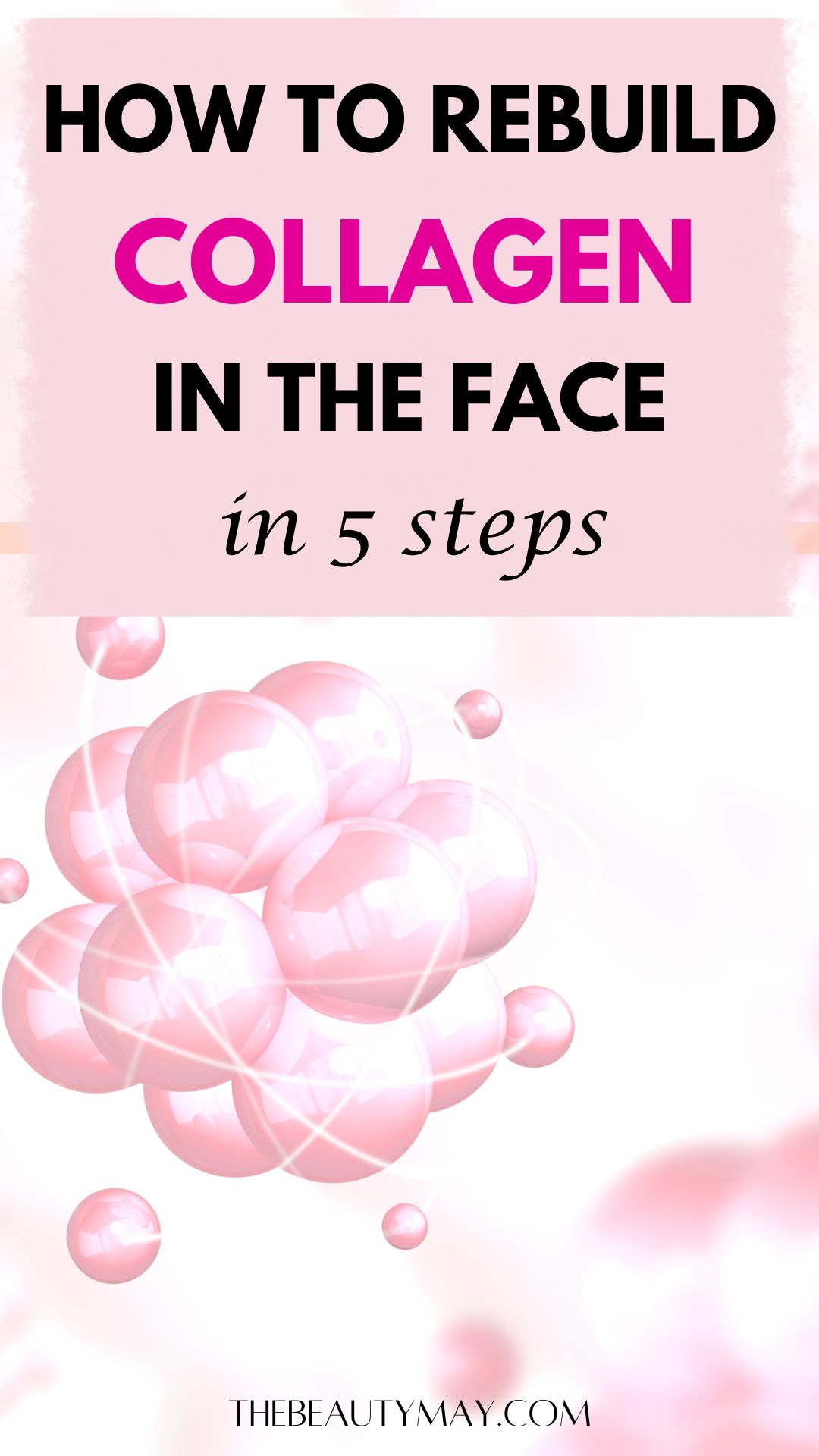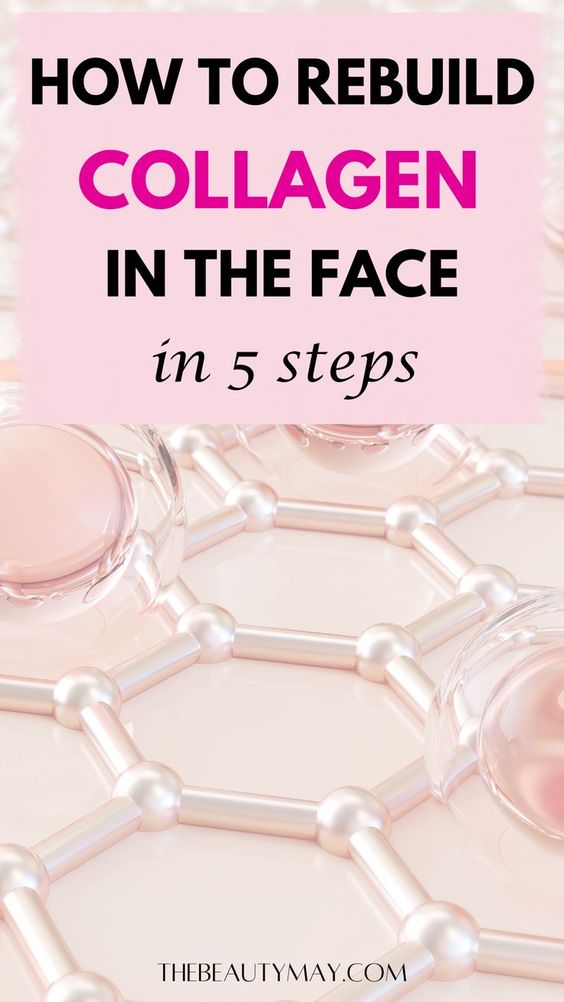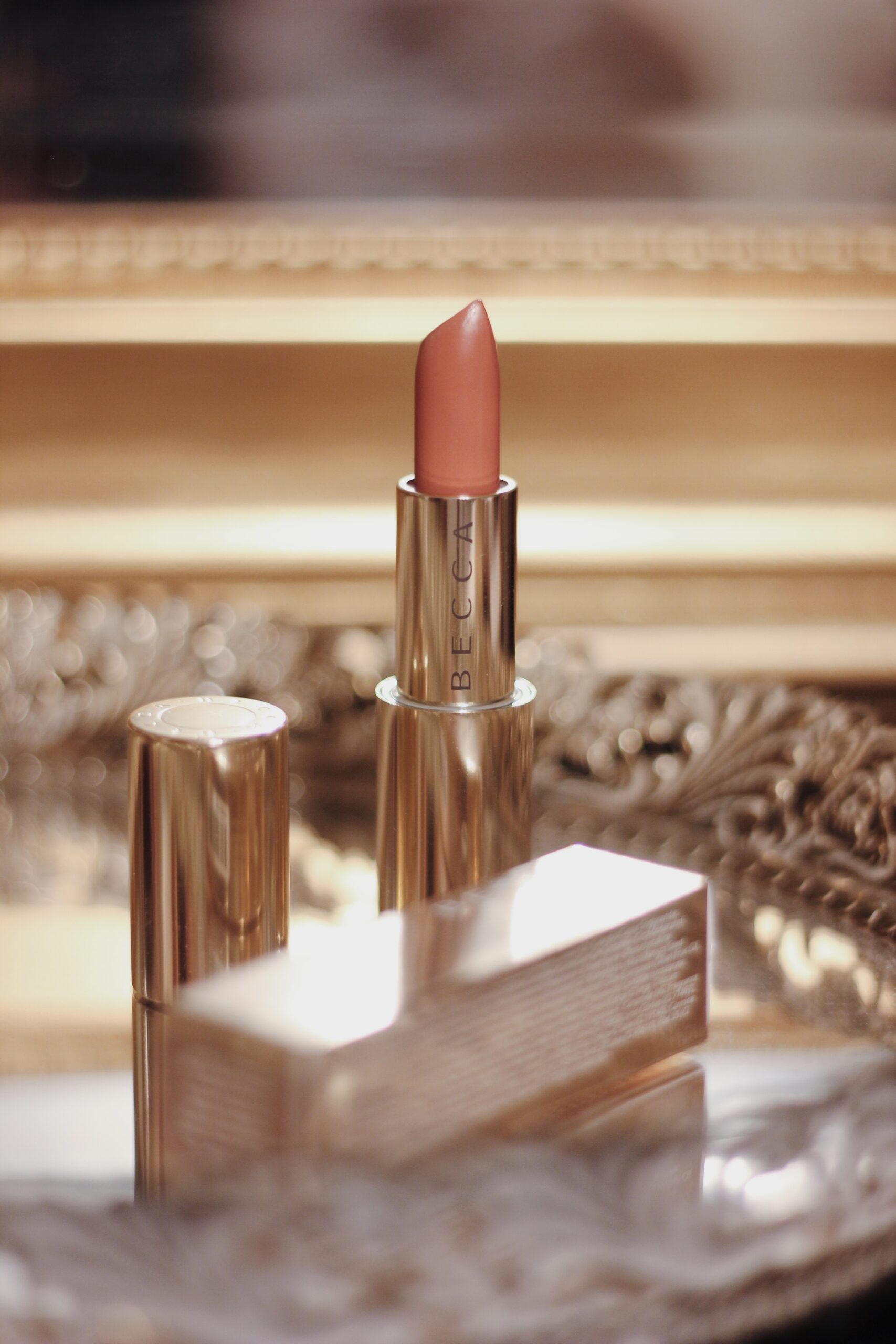This post is all about how to rebuild collagen in the face.
Disclosure: This page may contain affiliate links, which means that I get a commission if you decide to make a purchase through my links, at no cost to you. Read my disclaimer for more information.
How to Rebuild Collagen in the Face for Youthful, Glowing Skin
As we age, one of the most noticeable changes in our skin is the loss of firmness and elasticity. The culprit? A decline in collagen production. Collagen is the protein responsible for giving our skin structure, keeping it plump, smooth, and youthful. But don’t worry—there are effective ways to rebuild collagen in the face and slow down the visible signs of aging. Let’s explore how you can naturally restore collagen for a radiant, younger-looking complexion.
What Is Collagen?
Collagen is the most abundant protein in the body – it makes up about 30% of proteins in the human body. Collagen is the primary building block of the body’s skin, muscles, bones, tendons and ligaments and other connective tissues. [SOURCE]
Collagen is the protein in your skin responsible for its elasticity and youthfulness. Collagen production in the skin starts to decrease with age – starting in your mid-20’s.
Lifestyle Habits that Damage Collagen
- Smoking. It decreases the synthesis of collagen and elastin.
- Exposure to UV rays. UV radiation causes collagen to break down faster than during normal aging.
- Eating too much sugar and refined carbs. This breaks down the collagen and elastin in your skin.
Signs You Are Losing Collagen
- Loss of natural fullness in the cheeks.
- The under-eye area develops hollows.
- Sagging skin due to elasticity loss.
- Wrinkles and fine lines.
How to Rebuild Collagen in the Face
1. Vitamin C
Vitamin C plays a critical role in the maintenance of collagen network in the body by preventing the auto-inactivation of lysyl and prolyl hyroxylase, two key enzymes in collagen biosynthesis [SOURCE]. So we can say that Vitamin C has a direct effect on stimulating the biosynthesis of collagen which slows down with aging.
Bioavailability of Vitamin C in skin is inadequate when taken orally, therefore the use of topical Vitamin C is preferred in dermatology and skin care. [SOURCE]
Using concentrated Vitamin C products will help support collagen synthesis and prevent premature signs of ageing, like fine lines and loss of elasticity.
2. Retinol
Retinol (Vitamin A) is among the most effective substances slowing the aging process. It strengthens the protective function of the epidermis, restrains transepidermal water loss, and protects collagen against degradation. Studies show that retinol stimulates the synthesis of collagen and improves skin elasticity. [SOURCE]
3. Collagen supplements
According to the 2020 research, hydrolyzed collagen in creams and other topical products can moisturize the skin and increase its elasticity, while oral hydrolyzed collagen supplements may help boost collagen in the body. The same study shows that hydrolyzed collagen has a higher absorption rate in the body compared to non-hydroyzed collagen.
Another study shows that intake of hydrolyzed collagen shows a significant improvement in skin elasticity in the course of 4 weeks.
4. Laser treatments
Skin laser treatment technology (Fraxel, CO2 Fraxis) is actually the leader of Anti-aging programs all over the world.
During the treatment using a special laser, old epidermal (upper skin layer) cells are eliminated. At the same time, the laser beam affects the deeper layer of the skin – the derma.
The results are seen right after the procedure and keep growing month by month. New epidermis (upper skin layer) is formed within 24 hours. Deep skin layers keep changing for 2-3 months.
Skin laser treatments can be done for face, neck, around the eyes – wherever you feel that your skin needs an immediate rejuvenation.
5. Eat Collagen-Boosting Foods
What you put in your body has a direct impact on your skin. Certain nutrients are essential for collagen production, while others help protect existing collagen.
- Vitamin C-Rich Foods: Vitamin C is a powerhouse for collagen synthesis. Citrus fruits, strawberries, bell peppers, and leafy greens are great sources.
- Leafy Greens: Spinach, kale, and other dark greens contain chlorophyll, which may help increase collagen production in the skin.
- Omega-3 Fatty Acids: Found in fish like salmon, these healthy fats help reduce inflammation and keep your skin hydrated, which supports collagen health.
- Protein-Rich Foods: Collagen is a protein, so eating high-quality proteins like chicken, fish, eggs, and legumes gives your body the building blocks to produce more.
6. Incorporate Antioxidants
Free radicals from UV rays and pollution can break down collagen in the skin. Antioxidants neutralize free radicals, preventing further damage.
- Vitamin C: Applied topically, Vitamin C serums protect skin from environmental stressors while boosting collagen.
- Vitamin E: Often paired with Vitamin C, Vitamin E helps stabilize collagen fibers and aids in skin repair.
- Green Tea: Packed with polyphenols, green tea can protect against collagen breakdown and improve skin elasticity.
7. Protect Your Skin from the Sun
One of the biggest collagen destroyers is UV radiation from the sun. Always wear sunscreen with at least SPF 30, even on cloudy days, to prevent collagen breakdown. Sunscreen not only protects existing collagen but also allows your skin to repair and regenerate more effectively. Wearing a wide-brimmed hat or seeking shade during peak sun hours can also help preserve your skin’s natural collagen.
8. Hydrate and Protect with Hyaluronic Acid
Hyaluronic acid is a substance naturally found in our skin that helps retain moisture. While it doesn’t directly rebuild collagen, it creates an environment where collagen can thrive. Keeping your skin well-hydrated with hyaluronic acid serums can plump up the skin and reduce the appearance of fine lines.
💡TIP: Pin this article to your Skin Care board on Pinterest so you can always come back when you need to!
👇 👇 👇
Rebuilding collagen in the face requires a holistic approach—combining a healthy diet, consistent skincare routine, and targeted treatments can all play a role in keeping your skin youthful and radiant. Whether you focus on boosting collagen through food, using products with proven ingredients like retinol and antioxidants, or opting for professional treatments, your skin will thank you for the extra care. With dedication and the right steps, you can naturally rebuild collagen and enjoy firmer, glowing skin for years to come.
This post was all about how to rebuild collagen in the face.
Suggested reading:
How to Get Clear Skin in 3 Days
Best shopping deals you need to check out:
ENJOY 10% OFF WHEN YOU SIGN UP TO EMAIL AND TEXT AT CHARLOTTE TILBURY
$3.50 off your qualifying $15 purchase with code 130346 at Ulta
Subscribe via email and receive a €5 voucher for your purchase of €29 or more at Sephora DE





